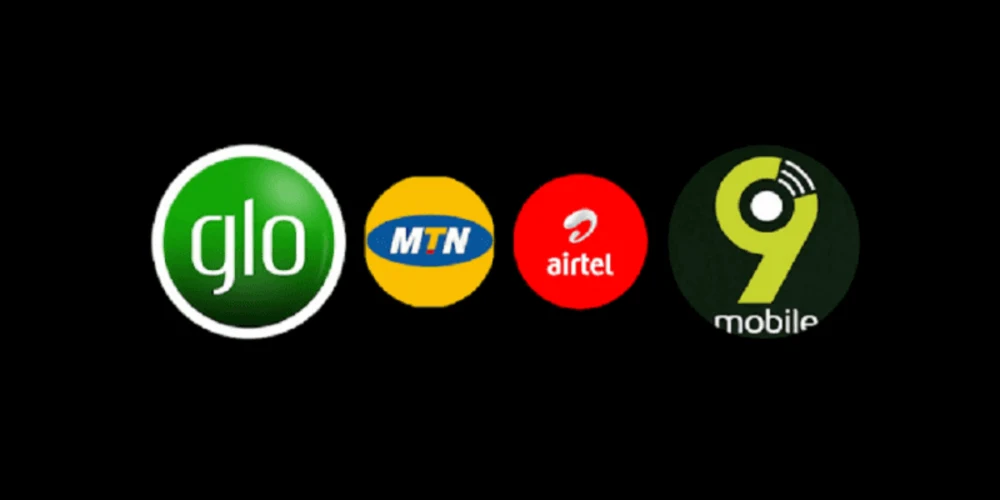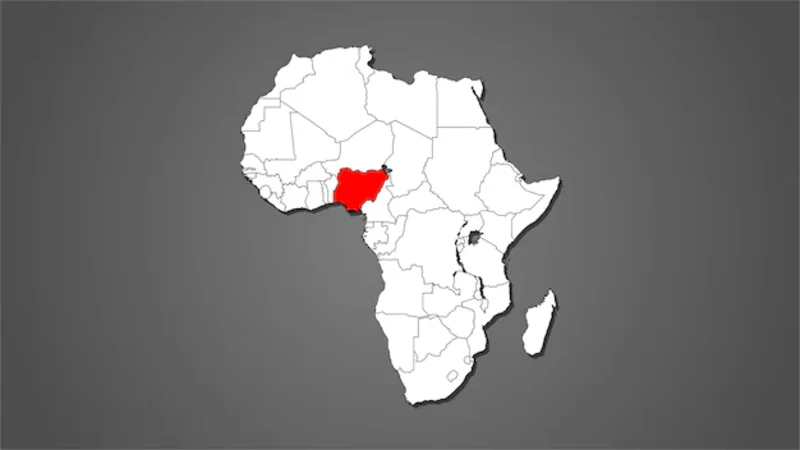
Telecommunication companies are contemplating a significant step to recover a long-standing debt of N120 billion linked to Unstructured Supplementary Service Data (USSD) services by withdrawing these services to Deposit Money Banks (DMBs). The ongoing issue, which has stretched over approximately four years, is causing a widening divide between the telecom sector and the financial industry.
The Chairman of the Association of Licensed Telecoms Operators of Nigeria (ALTON), Gbenga Adebayo, expressed his disappointment that this matter has become politicized. He stressed that this is fundamentally a commercial matter and should be treated as such, referring to it as a situation of willing buyers and willing sellers. Adebayo explained that discontinuing the service would have been an appropriate response when the banks failed to make the necessary payments.
He emphasized that political interference prevented the enforcement of commercial terms. Adebayo strongly advocated for keeping certain issues, including price reviews, in the hands of market forces rather than government intervention, as it is more sustainable.
During a recent meeting between ALTON and the Minister of Communications, Innovation, and Digital Economy, Dr Bosun Tijani, the minister expressed sympathy and acknowledged that responsible behaviour from all parties involved could have prevented the matter from reaching this level. He also agreed to address the issue but warned that if a prompt resolution is not achieved, service withdrawals may become inevitable.

Nigerian Telcos
Meanwhile, the Federal Government has initiated an Artificial Intelligence (AI) Research Scheme with plans to provide N5 million to 45 startups and researchers. The scheme aims to promote the integration of AI for economic advancement.
The Telecom-Banking Clash: How Consumers May Bear the Brunt
The ongoing dispute between Nigeria's telecoms and banks over the Unstructured Supplementary Service Data (USSD) debt has far-reaching consequences that extend beyond corporate boardrooms. It has the potential to affect consumers in various ways, from service disruptions to cost implications.
One of the most immediate concerns for consumers is the looming threat of service disruptions. USSD technology is integral to many services Nigerians use daily, including mobile banking, airtime top-ups, and accessing essential information from their mobile devices. If telecom companies decide to take action, such as disabling USSD services due to non-payment by banks, it could disrupt the daily routines of millions.
Importance of USSD Payments
Imagine being unable to check your bank balance or make payments through USSD on your basic phone. Simple tasks like recharging your phone through USSD could become arduous if USSD services are disrupted. Consumers, especially the millions who don't use smartphones, may find themselves inconvenienced and potentially left without access to vital financial services.
Furthermore, if telecom operators are forced to bear the financial burden of providing USSD services without receiving payment from banks, it is possible that these additional costs may trickle down to the consumer. In a highly competitive market, telcos might have to adjust tariffs or fees to offset their losses, which could lead to higher costs for users.
READ ALSO - Egyptian Insurtech Startup Amenli Secures $1 Million in Funding to Drive Expansion
Moreover, the disruption in services can lead to additional costs for consumers. For instance, if people cannot complete mobile transactions and are forced to visit physical bank branches, they might incur transportation expenses and waste valuable time. This can be especially burdensome for those in rural areas or with limited access to banking infrastructure.
The dispute's potential to disrupt USSD services also raises concerns about its effect on financial inclusion. Many Nigerians, particularly in remote or underserved areas, rely on mobile banking and USSD services for their financial needs. If these services become unreliable or costly, it could hinder financial inclusion efforts, leaving vulnerable populations with limited access to banking services.
The Need for a Solution
Consumers and industry stakeholders alike are hoping for a swift and amicable resolution to this dispute. Both the telecom and banking sectors play critical roles in the lives of Nigerians, and any prolonged dispute that negatively impacts consumers would be far from an ideal outcome.
As the situation continues to evolve, it is crucial for all parties involved to consider the impact on consumers and work toward a resolution that safeguards their interests and ensures the continued availability of essential USSD services. After all, it is the consumers who ultimately bear the brunt of this dispute's consequences.
Tags
Telcos
Nigerian Banks
USSD
Categories
News
Similar News
May 20, 2024

Egyptian and Tunisian Startups Chosen for Climate-Focused Mega Green Accelerator
May 26, 2024

Google to Construct First Subsea Fiber-Optic Cable Linking Africa and Australia
May 21, 2024

Nigerian Startups Secure 30% of $15 Billion Funding by African Startups Over Five Years
Are you a start-up or an entrepreneur in Africa?
Subscribe to our mailing list
